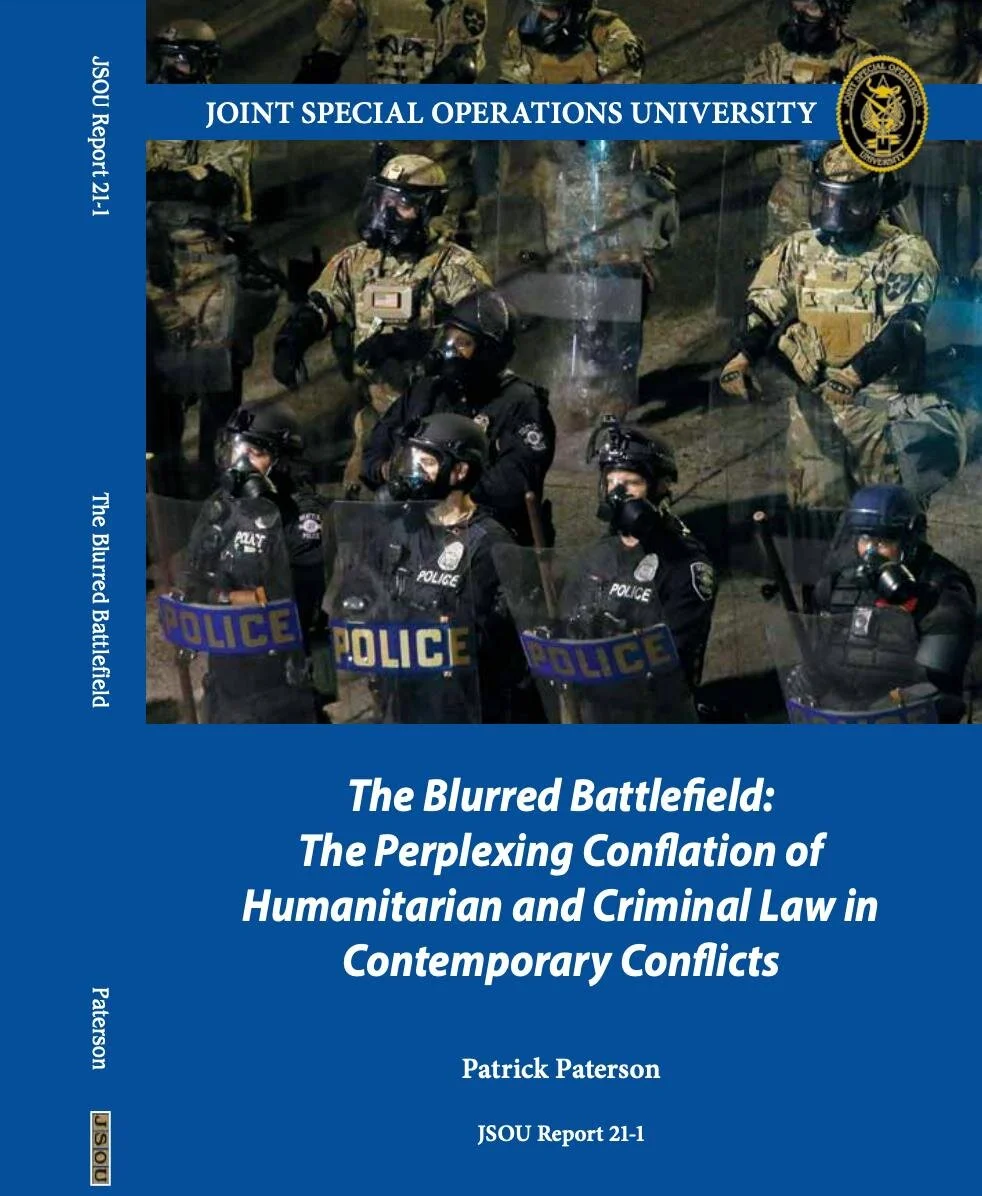One of the mandates of my academic center, the William J. Perry Center for Hemispheric Defense Studies, is to help educate Latin American and Caribbean partner nations about the U.S. government – a massive organization with millions of employees, hundreds of organizations, and thousands of activities going on at any one time.
To do this, one of our major annual initiatives is hosting a week-long series of lectures and breakout groups called the Washington Security and Defense Seminar (WSDS) course. This year it was my privilege to organize the event, and I was excited to learn that we had broken a new attendance record: nearly 100 participants from 19 different countries. Among the participants were ambassadors, first secretaries, political officers, and senior military attaches, many of whom have recently arrived in Washington DC for their assignments and can benefit from the political orientation. These reps serve as our immediate points of contact to our partner nations in the Western Hemisphere.
The course serves as a "U.S. Government 401," a deep-dive into the functioning and processes of our government, with firsthand insights from the highest levels. Over the course of the five days, 21 different speakers touched on important topics like U.S. foreign policy, U.S. military strategy, the budget process, security cooperation and foreign aid, and interagency coordination.
Our speaker lineup included Dr. Hal Brands, author of American Grand Strategy in the Age of Trump (2018) and lead writer for the Commission on the National Defense Strategy for the United States; Dr. Sarah Sewall, Under Secretary of State for Civilian Security, Democracy and Human Rights from 2014 to 2017; and Dr. Patrick Cronin, formerly a senior official at the U.S. Agency for International Development (USAID) and former Director of Research at the U.S. Institute of Peace. We also had speakers from the Department of State, the Office of the Secretary of Defense for Western Hemisphere Affairs, the U.S. Southern Command, the National Security Council, and the Joint Staff, among others.
Perhaps most importantly, the course provides the U.S. government a chance to clarify policy issues with our important partners from around the Americas and the Caribbean – a critical opportunity during a period of political uncertainty in Washington.



